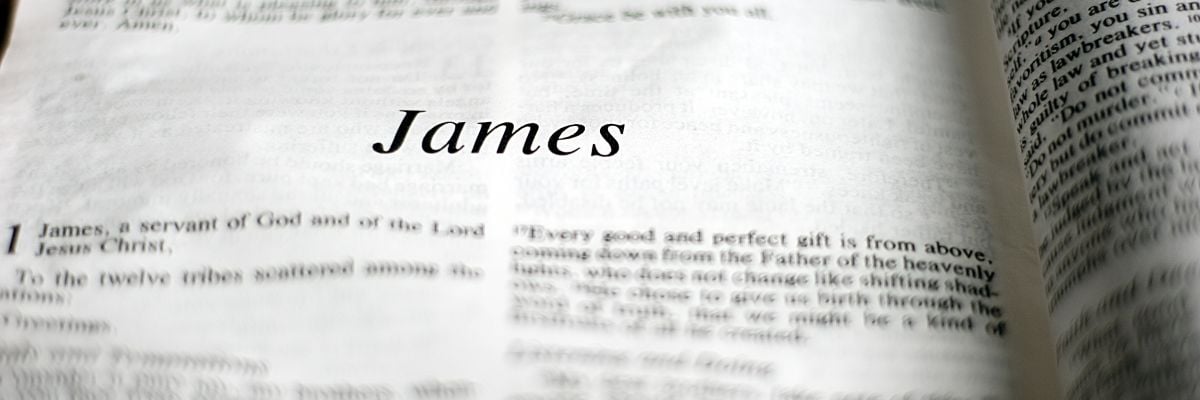Votar Roja
Diamond Member
- Sep 11, 2023
- 3,095
- 3,030
- 1,893
- Banned
- #1
Are We Saved by Works?
Jimmy Akin | Catholic Answers Live
Catholic teaching on faith and works, and the role they play in salvation, is misunderstood by many Protestants and even some Catholics. Catholic apologist Jimmy Akin gives an overview on what the Bible and the Church actually teach about salvation.
Jimmy Akin | Catholic Answers Live
Catholic teaching on faith and works, and the role they play in salvation, is misunderstood by many Protestants and even some Catholics. Catholic apologist Jimmy Akin gives an overview on what the Bible and the Church actually teach about salvation.


